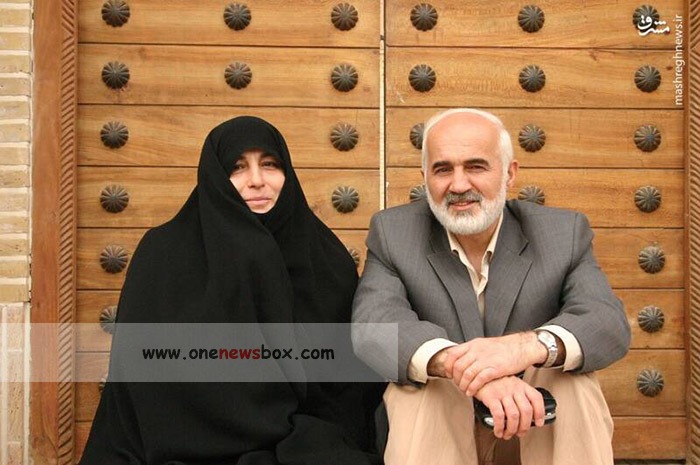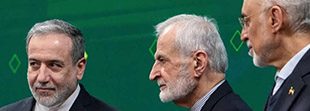“I once went to the Supreme Leader and said that I would not accept Ahmadinejad’s presidency for even one day, but I would vote for him out of necessity because Mousavi’s social base is such that it has the capacity to mobilize socially against the leadership…”
This statement reflects the tactical dilemmas faced by politicians like Tavakoli in Iran’s hybrid political system. Fearing that Mir Hossein Mousavi’s popular base could be mobilized against the Supreme Leader and the Islamic system, Tavakoli opted to vote for Ahmadinejad out of political necessity, not conviction.
His disillusionment grew as Ahmadinejad’s second term progressed. Tavakoli condemned the administration’s authoritarian decision-making, particularly the handling of the Mehr housing project, which he initially supported in principle but criticized for its implementation:
“During Ahmadinejad’s time, decisions were made in the country in an authoritarian manner… the Mehr housing project, which I believe was one of the best projects, caused inflation and increased liquidity due to the increase in scale and printing of money by the Central Bank.”
He also expressed shame and sorrow over the rise of corruption, stating bluntly:
“The situation in our country is not good in terms of the spread of corruption, and in fact, it is a cause of shame that in a religious and Islamic government, things have reached a point where these disasters are being talked about. Out of 183 countries, the Islamic Republic has a corruption level of 144.”
The IRGC and the Future of Iranian Politics
Tavakoli’s warnings about the IRGC have become even more relevant in the years following his death in 2025. The Guard’s influence has only grown, and its economic and political footprint has deepened through control over strategic industries, media platforms, and even parliamentary candidates.

